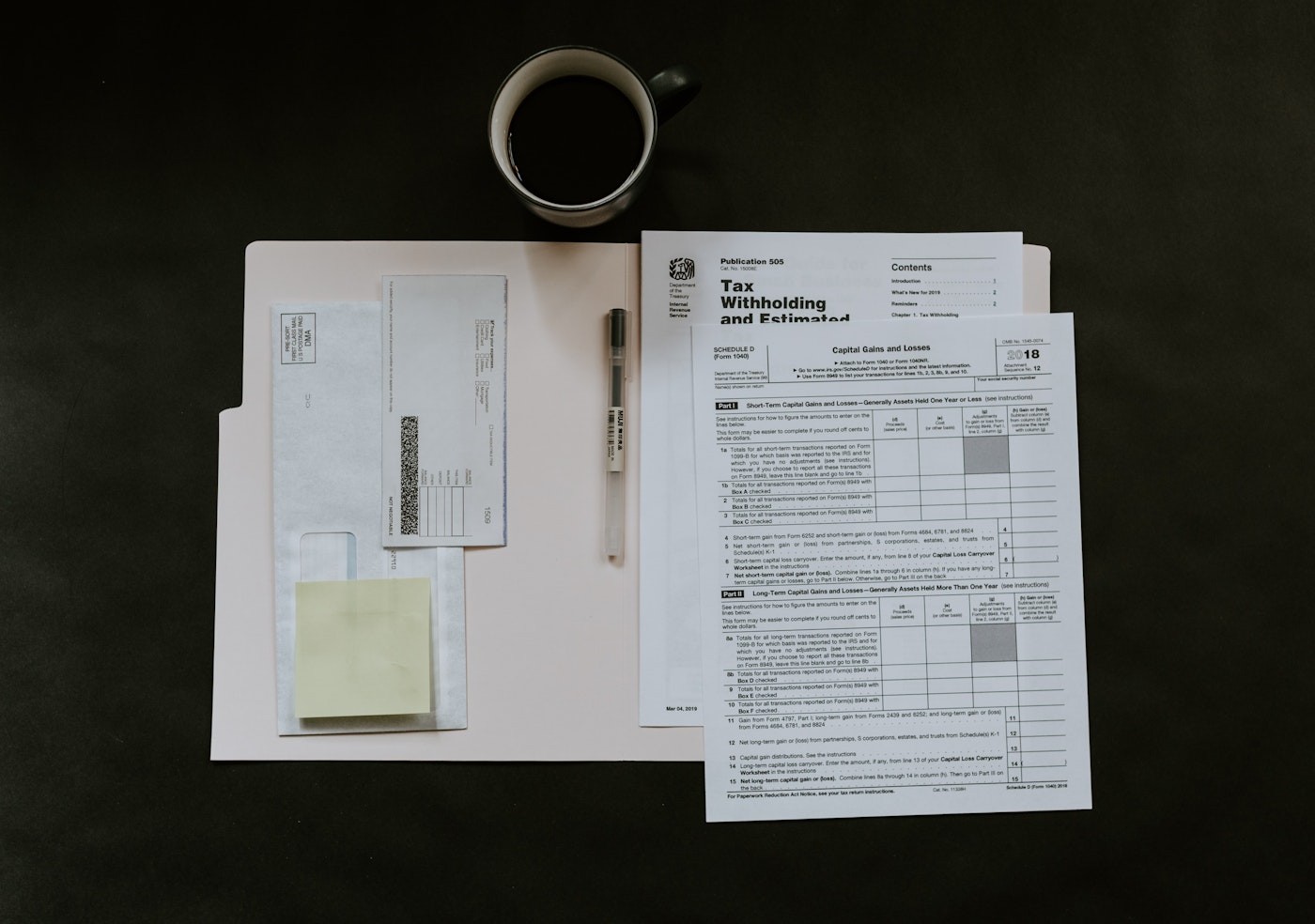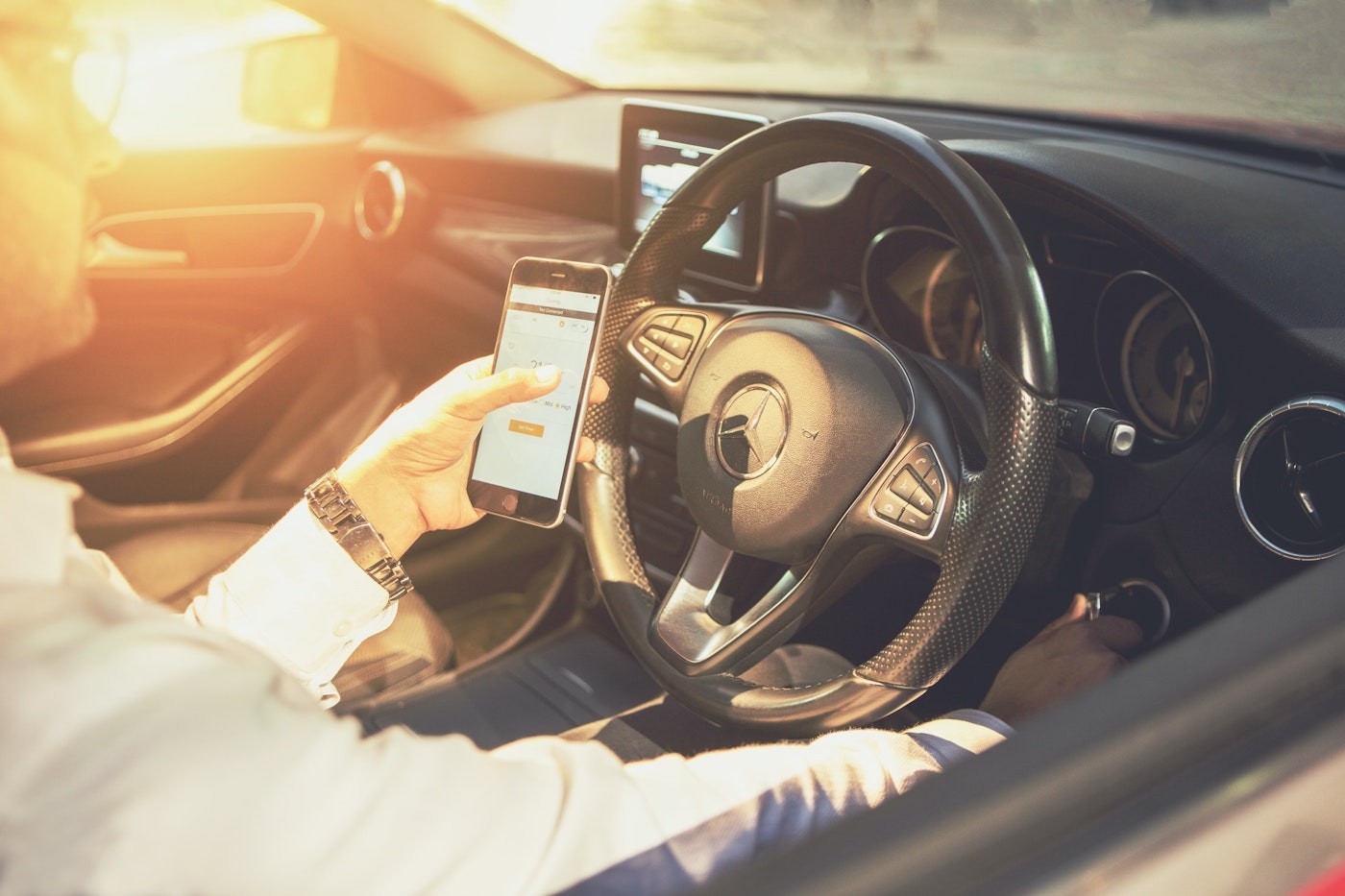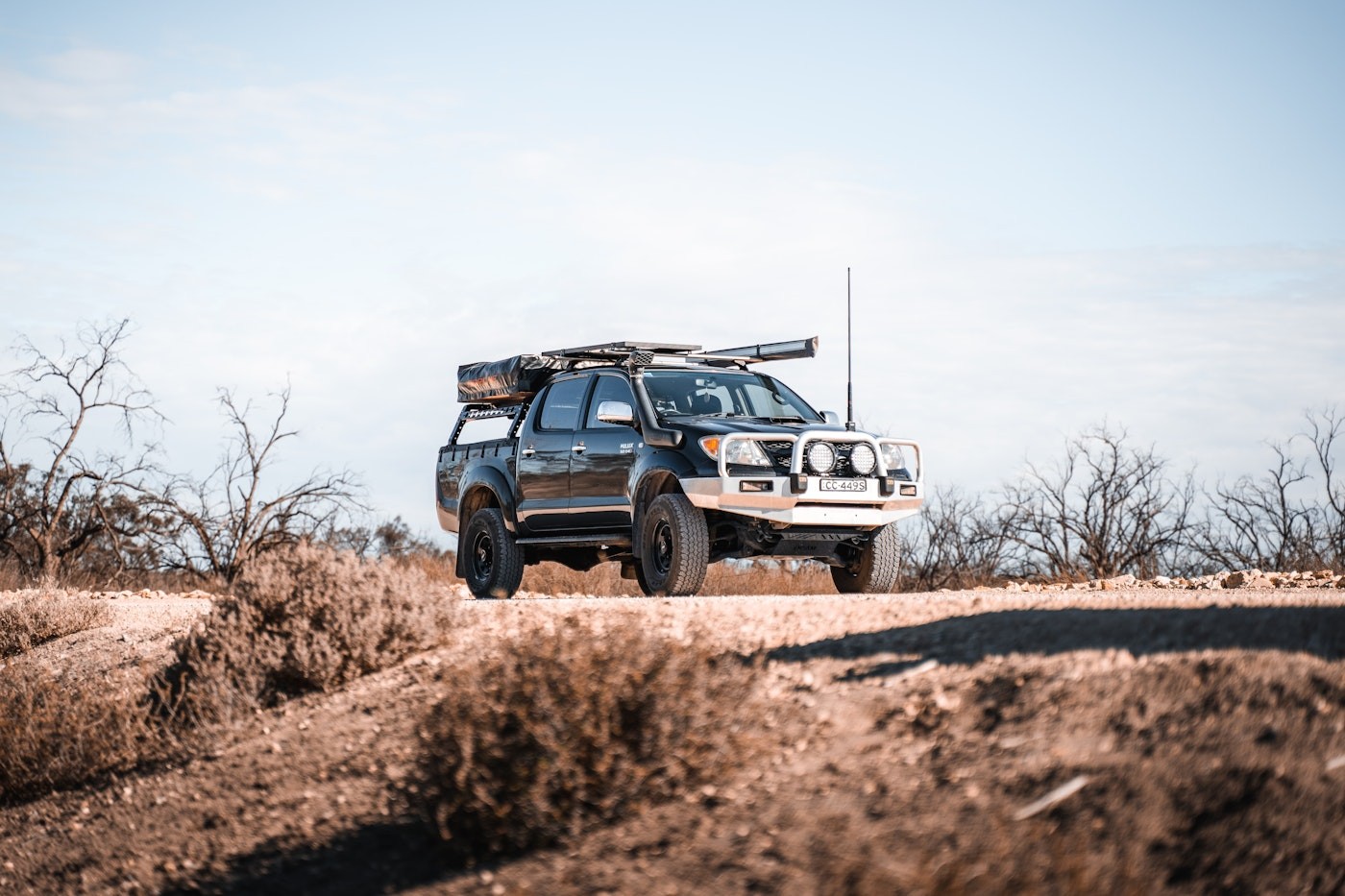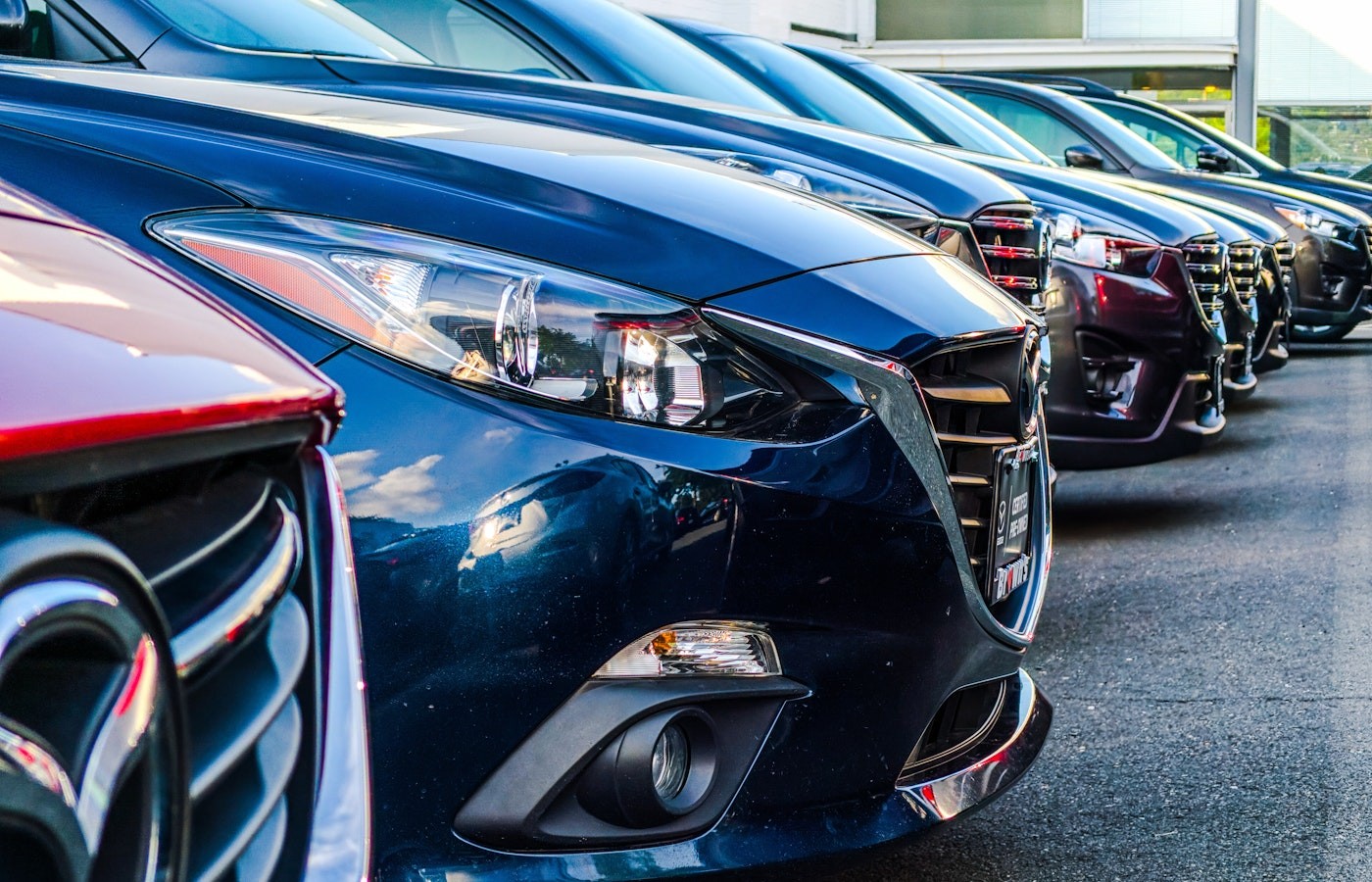Pros & Cons Of A Business Car Lease To Consider

Getting a lease for a business vehicle can be a great decision if you�’re only wanting to use the vehicle for a short period of time or if you’re not in a financial position to purchase a car or take out a loan.
We’ll break down the pros and cons of getting a business vehicle lease so you can decide if it’s the right choice for you.
What is a business car lease?
A car lease is exactly what an equipment lease might be for a business. Instead of the business paying all the upfront costs or paying off a vehicle monthly they’re able to get a leased car for less money a month while still having true access to the vehicle.
It’s a legal agreement between the business and the financier of the vehicle. It’s like borrowing the vehicle with the option to own it in the future should you so desire.
What documents will lenders require to provide business car leasing?

You are required to provide several documents to get business car leasing. These documents are relatively standard in most circumstances. Here are the documents you need:
- Identification: the business owner/point person will need to provide identification such as their driver's license.
- Business finances: to prove you can afford to pay for the car, you need to provide statements that prove your business is making enough revenue to cover the costs. This will usually need to be the statements for a total of two operational years.
- Business documentation: you need to prove the business itself is, in fact real and that you’re either the owner or connected to the business in a professional capacity.
- Insurance documentation: you need to provide documentation that proves you’ve got insurance sorted out before acquiring the vehicle. This is more to have the process go faster as it will be required along the way in the application process.
- Personal finances: this isn’t common, but some lenders may require proof of personal finances in the event the business defaults. Once again, this is highly unlikely.
What are the main types of business car leasing?

Below are the primary business car leasing options at your disposal:
Finance lease
With a finance lease, the risk of ownership is transferred to the lessee, but the actual legal ownership is not transferred. The lessee normally will have the option to purchase the business vehicle at the end of the loan term, should they wish to continue the vehicle management or own the vehicle outright. Finance leases tend to be best suited for businesses looking for a shorter-term lease or those that need a hand with fleet management.
Operating lease
An operating lease is another popular type of finance option, but with this lease term, there will not be an opportunity to purchase the car at the end of the loan term. Operating leases are normally more appropriate for customers looking for a long-term lease.
Novated lease
Novated leasing is an employee-benefit arrangement that involves your business, your employee and a lender. Novated lease agreements’ finance term normally last between one and five years of monthly payments. It works as a type of ‘salary packaging’, where vehicles can be financed by repayment obligations made from an employees’ pre-tax salary. This can help to reduce your taxable income, and assist with combining your vehicle’s expenses into a single payment - reducing administration burden.
Pros of car leasing
Easily upgrade your vehicle
Because you’re not tied to any asset, you’ll be able to easily upgrade your vehicle when the lease ends, if that’s something you’d like to do. If having the latest model of car or the most up-to-date technology is something that’s in line with you and your business needs, then a business lease could be a really great option. You don’t need to worry about how to sell the car when the car lease ends, nor do you need to worry about things like its residual value or going over any kilometre limit - you can just upgrade to a new car.
You’re not responsible for maintenance
Because you don’t own the asset, and you won’t end up owning it, you’re also not responsible for any maintenance or servicing that the car might need. In most cases, the company you’re leasing the car from will be responsible for paying the ongoing running costs of maintenance and servicing. This type of business vehicle leasing might help you save money that could be better spent on other areas of your business.
Cheaper monthly payments than a loan
Finally, entering into any kind of car lease agreement will be cheaper than taking out a loan, because you’re paying to use the vehicle for a set amount of time, and you won’t end up with ownership over a new car that’s lost lots of residual value. A car lease also often suits many people’s business purposes because they don’t require a large initial capital investment - whereas purchasing a new or used car could. All the benefits of owning a car - without pesky costs.

Cons of car leasing
You won’t ever own the asset
If your dream is to eventually own your business vehicle, a lease agreement may not be a great option. With a lease agreement, you’re paying to use the car for a certain period of time and you’ll need to return the car at the end of the lease period, so you won’t eventually own the car.
Increased insurance cost
You’ll probably end up paying a higher insurance cost with a lease agreement compared with a commercial loan. While this may seem like a smaller cost, it’s important to keep it in mind, as the small operating costs can add up over time.
Restrictions on use
Though this isn’t applicable to every commercial car lease agreement, in many cases you might find that lease agreements have restrictions on things like the amount of use, normally calculated by restrictions on mileage. If you’re wanting to use the vehicle for long-distance trips, make sure you check that your lease doesn’t have restrictions on this.
What other options are there?
If a business vehicle lease doesn’t sound like the perfect option for you, there are other options available.
Hire purchase
A hire purchase is a great option if you’re looking to buy a business vehicle, but don’t have the cash on hand to do so immediately. With a hire purchase, you’ll normally make an initial deposit payment and then pay off the remaining balance of the car loan in regular instalments.
These repayments are usually a monthly fee, but some lenders can give you the option to make weekly or fortnightly payments instead. At the end of the loan period, you’ll then gain complete ownership over the vehicle and be able to add it to your balance sheet as your own asset.
Chattel mortgage
A chattel mortgage has a very similar loan structure to a traditional fixed-rate mortgage.
Typically, the lender will use your car as security against the loan - should your car lease work out negatively. This means that if you’re unable to meet your monthly repayments, your finance provider might repossess your vehicle and sell it in order to recover the funds that you were unable to pay.
Unlike with a car lease, you’ll have ownership over the car straight away, and you’ll pay back the loan with the income generated by the asset in your business.

Factors to consider
Whether you’re looking at leasing a car or taking out a loan in order to use a business vehicle, there are a number of factors you should consider that may assist in the decision-making process.
- Frequency of use. How long are you planning on using the car for? If you’re only going to need the vehicle for a short period of time, or you’re interested in frequently upgrading, a lease would probably be best suited to your needs.
- Be aware of any restrictions. Some leases have restrictions on things like mileage, so if you’re planning on driving long distances, make sure you take this into consideration.
- Fees and charges. It’s important to consider any fees and charges that you may incur with either a car lease or a car loan, and carefully factor these into your budgeting. These fees can vary greatly between lenders, so make sure you account for these. When you receive your personalised quotes, we’ll include all the lender fees and charges so the amount you see is exactly what you’d end up paying.
- Tax effectiveness. If you’re buying the car for a commercial purpose, the tax effectiveness of your purchase will probably be an important factor to consider. Leased assets are typically seen as an operating cost and are often tax-deductible. Hire purchase assets, on the other hand, are viewed as an asset on your balance sheet, and are therefore eligible for the instant asset write-off scheme (this is because hire purchases are treated in the same way as an outright sale within a tax period). If tax effectiveness is a key consideration for you, we recommend you seek advice and speak to your account to find out which decision works best for you.
- Overall costs. Whether you’re getting a car lease or loan, it’s important to consider the overall cost. Monthly repayments for a loan like a hire purchase tend to be higher than for leases, because with a loan you’re paying to eventually own the asset. However, with something like a hire purchase agreement, you’re able to claim depreciation costs. Further, you’ll be eligible for the instant asset write-off scheme because you’ve presumed ownership over the vehicle.
- The future of your business. Finally, it’s imperative that you consult your business plan and think about the future of your business before making any decision. Think about how long you’re going to need the vehicle for, what you need to operate in the short-term and what will be necessary to grow your business in the future. Getting a car for business purposes is a very exciting decision, but it can also be a crucial one. Make sure that your decision services your business and employees and that a car lease won’t be a nuisance on your balance sheet.
Learn more: A Quick Guide On The Most Tax Effective Way To Buy A Car

Summing up
Getting a lease for a business car can be a great option for many people, but it’s important to weigh up the pros and cons of it before making any decisions.
Understanding exactly what each type of lease and loan option entails is crucial to making a well-informed decision. If you decide that instead of a car lease you’d rather take out a business car loan, Driva can help you find the best deal for you.
To get started, just tell us a few details about you and the car you’re looking to buy, and our smart financing platform will give you your personalised rates in less than a minute - all without impacting your credit score!
If you’ve got any questions about the car loan process, or what type of loan product is best for your business, feel free to get in touch with our team of commercial vehicle finance experts.
FAQs
Can you lease a car through any business?
Yes as long as the vehicle is used primarily for business purposes and you can justify this then you’re able to purchase a vehicle through any business. To prove you’re using the vehicles primarily for business, if ever asked, we recommend that you get log books or trackers for any and all vehicles in your fleet. This will help you prove that you’re doing exactly what you intended to with the vehicle once it’s in your business's possession.
Can I lease a car with an ABN?
Yes, however there are rules surrounding the process that you need to ensure you’re following. The car needs to be used by the business at least 50% of the time. If that’s the case then you’ve got several options including, finance lease, commercial hire purchase agreement, and chattel mortgage.
Is it worth getting a car on a business lease?
Most small businesses look at leasing a car as the more attractive option opposed to spending the money all at once. At the end of the day it comes down to cash flow. Do you have the money to buy a car outright and not feel it in the coming months?
When a business considers getting a car on a business lease they’re thinking about the benefits it possesses. For example, you’re paying lease payments which are often far lower than monthly car payments. The downside to this is that it costs more in the long run. The shower answer is yes it’s worth it, however, you need to make a decision that benefits your business in the long run.


.png)



.jpeg?ixlib=gatsbyFP&auto=compress%2Cformat&fit=max&rect=0%2C0%2C800%2C800&w=500&h=500)



